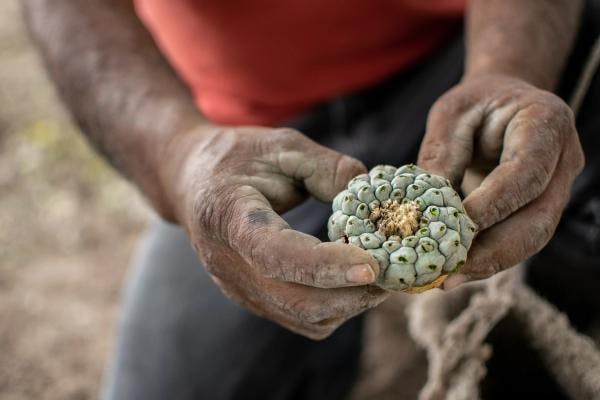Raul Luna / Shutterstock
La campagne en faveur de la légalisation des psychédéliques a ignoré les communautés indigènes
Si la légalisation des psychédéliques est une étape positive vers une réforme des politiques mondiales en matière de drogues, elle ne doit pas se faire au détriment des communautés autochtones, qui utilisent depuis des siècles des plantes psychoactives à des fins de guérison émotionnelle, physique et spirituelle. Pour en savoir plus, en anglais, veuillez lire les informations ci-dessous.
On April 6, the California Senate approved a bill to decriminalize psychedelics including psilocybin mushrooms, DMT, ibogaine, LSD, and MDMA. The legal changes reflect a growing awareness in the world of Western medicine about the therapeutic potential of psychedelics. A number of recent studies have found substances like mushrooms, LSD, and MDMA to be beneficial for issues like anxiety, depression, and PTSD, and state and local governments around the country have recently made efforts toward decriminalizing or outright legalizing plant-based psychedelics.
However, psychedelics as healing agents isn’t a new concept. For centuries, Indigenous people have used psychoactive plants in ceremonies for emotional, physical, and spiritual healing. Native American tribes Indigenous to the U.S. have primarily used peyote in these contexts, while tribes in South America have worked with other plants like ayahuasca and San Pedro.
Decriminalization would mean police could no longer arrest people for possessing or using these substances — but the assumption that this would be a positive thing for Indigenous communities belies the issue’s history and complexity.
